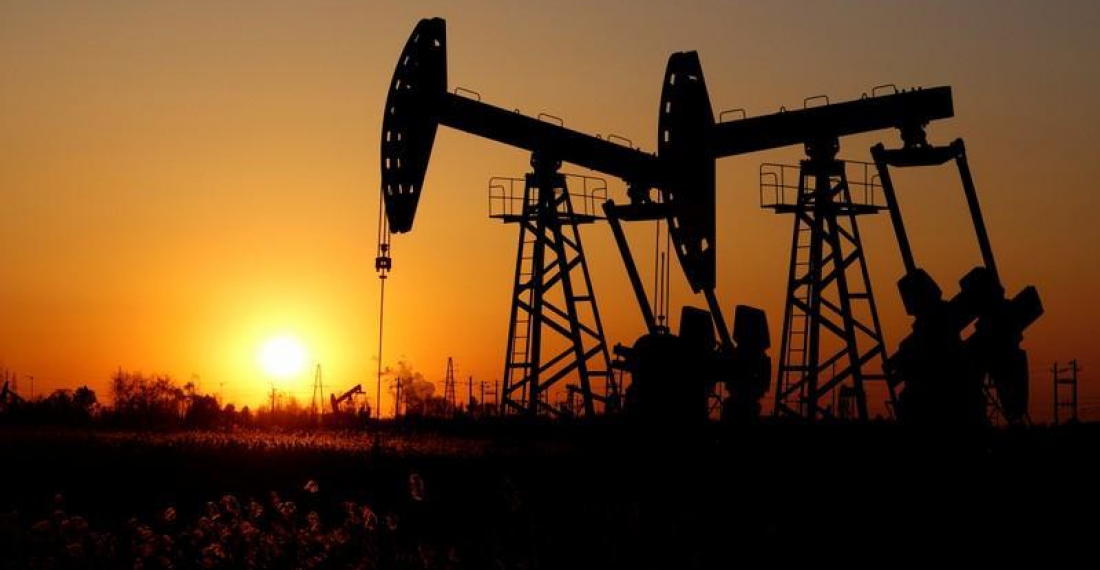Oil prices fell by 1 to 2 percent in Asian markets on Thursday (3 January) amid volatile currency and stock markets, and on concerns that an economic slowdown in 2019 will cut into fuel demand just as crude supplies are surging.
Leading exporter Saudi Arabia is expected to cut February prices for heavier crude grades sold to Asia by up to 50 cents a barrel due to weaker fuel oil margins, according in a report by Reuters.
U.S. crude production stood at a record 11.7 million barrels per day (bpd) in late 2018, making America the world's biggest oil producer.
Russian output reached a record of more than 11 million bpd in 2018.
Supply from Iraq, the number two producer in the Organization of the Petroleum Exporting Countries (OPEC), is also up, with December exports at 3.73 million bpd, up from 3.37 million bpd in November.
Lower oil prices will have a negative impact on Azerbaijan's economy, according to Vugar Bayramov, Director of the Centre for Economic and Social Development, Baku's leading economic think tank. Low oil price increases pressure on Azerbaijani currency market and negatively impact the economy: "Psychological effects are associated with the world oil market, decline of oil price has been putting pressure on manat, the national currency of Azerbaijan", said the expert. "Side effects are also related to the oil price. Due to the decline of oil price, income from the country's export has declined, and slower expenditure by the government and households negatively impacts services, banking and other sectors".
Bayramov added:
"Despite hovering well-over its predicted value for most of the year, the recent decline in the price of oil once again puts question marks for the future of the commodity. Given the dependence of 2019 state budget of Azerbaijan on oil - where 60.0% of revenues directly come from the oil sector - making the country more vulnerable to oil price fluctuations."
The largest hike in government revenue in the non-oil sector is observed in the amount of revenues collected through excise taxes, while the biggest decline is in income taxes, reflecting the new amendments to the tax code.
Expenditures of the state budget are going to be 7.3% higher in 2019, with the most significant boost observed in construction sector. When looking at the SOFAZ's (the state oil fund) budget, a clear trend of increasingly allocating more and more funds to the state budget can be seen. As expected, new amendments were made to the fiscal regulations in order to make it more flexible, however, the effectiveness of these changes are still unclear in light of oil price."
source: commonspace.eu







